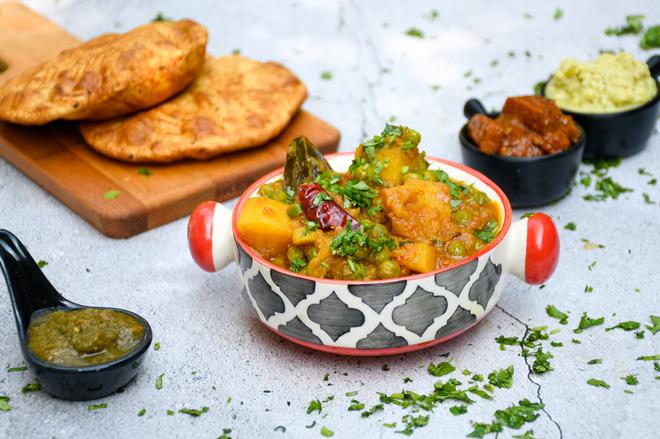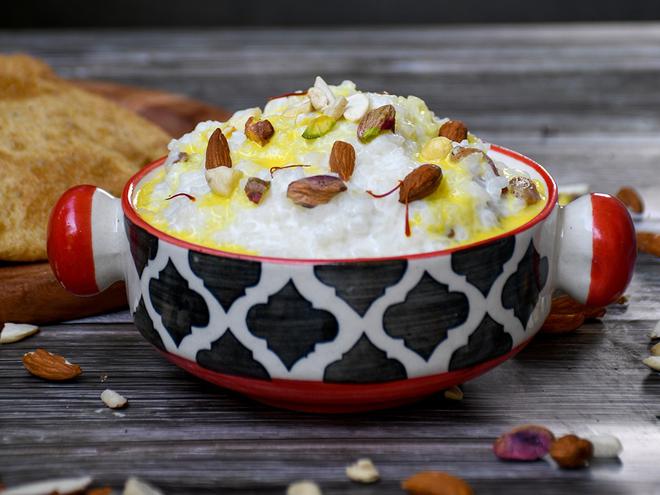We like our stereotypes, don’t we? Say Bengali food, and we think of maachh (fish). Punjabi is all about kukkad (chicken), and South Indian food, about idli dosa. When we think of Bihari cuisine, the first image that pops up is that of litti-chokha.
With regional restaurants opening up in different parts of the city, we now know quite a bit about the cuisine of most parts of the country, but Bihar’s food has largely eluded us. There are very few restaurants that serve the State’s food in the city. The Potbelly is the best known among them, but there are some other eateries, too, such as Bihar Central in Lajpat Nagar, run by a young man called Sudhakar Sharan.
I was introduced to the fine taste of Bihar’s food several years ago at a food festival, where I came across a dish called Champaran mutton. It was one of the most delicious mutton dishes I had ever eaten: the meat had been flavoured with large pods of garlic, which had taken in the flavours of all the spices in the gravy. Since then, I have been a card-holding member of the underground Bihar-food-lovers’ club.

So, when my notice was drawn to a cloud kitchen called The Chhaunk last week, I was intrigued. One, I liked the name; two, it served the food of Bihar. I checked the menu and found that Champaran meat was a part of it. So, I asked for a plate (₹440), with sattu puri with aloo sabzi (₹320), dal puri with kheer (₹310) and khichri masala (₹295). The food hamper came with thekua ( ₹230) and aloo chokha (₹40).
The food, indeed, was authentic Bihar cuisine. I learnt that the cloud kitchen was being run by a keen cook, Manjari Singh, and her daughter-in-law, Hiranyamayi Shivani. There are four outlets in Gurugram, but the food can be ordered online (thechhaunk.in).
I was, on the whole, immensely satisfied with my dinner. The khichri was sublime – the rice and dal had melded well in the lightly spiced and ghee-tempered dish. The dal puri — with a lentil paste — was excellent, too, and came with soft potato fries while the kheer, was flavoured with cardamom and peppered with nuts and raisins. The sattu kachori, a thick puri with a paste of roasted gram, came with a light curry of potatoes and peas. The aloo chokha was superb: a mash of potatoes tempered with mustard oil and green chillies.

The Champaran mutton, however, was disappointing. I thought the spices were a bit too strong in the dish, and the garlic flavour, much too mild. I ended the meal with the sweet and crunchy, fried thekua (which is prepared often in our house, but our version has coconut pieces and raisins), and rang the curtain down on a great meal.
It is good to know that Bihar’s food is making its presence felt in the city. Over the years, many little stalls or carts offering litti-chokha and sattu sherbet have sprung up in the city. And while I hope they flourish, I am happy to see that some of the finer dishes of the region are finding their place in the sun, too.







